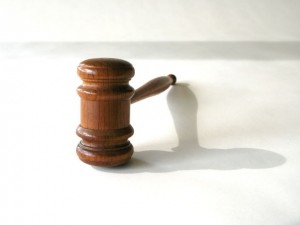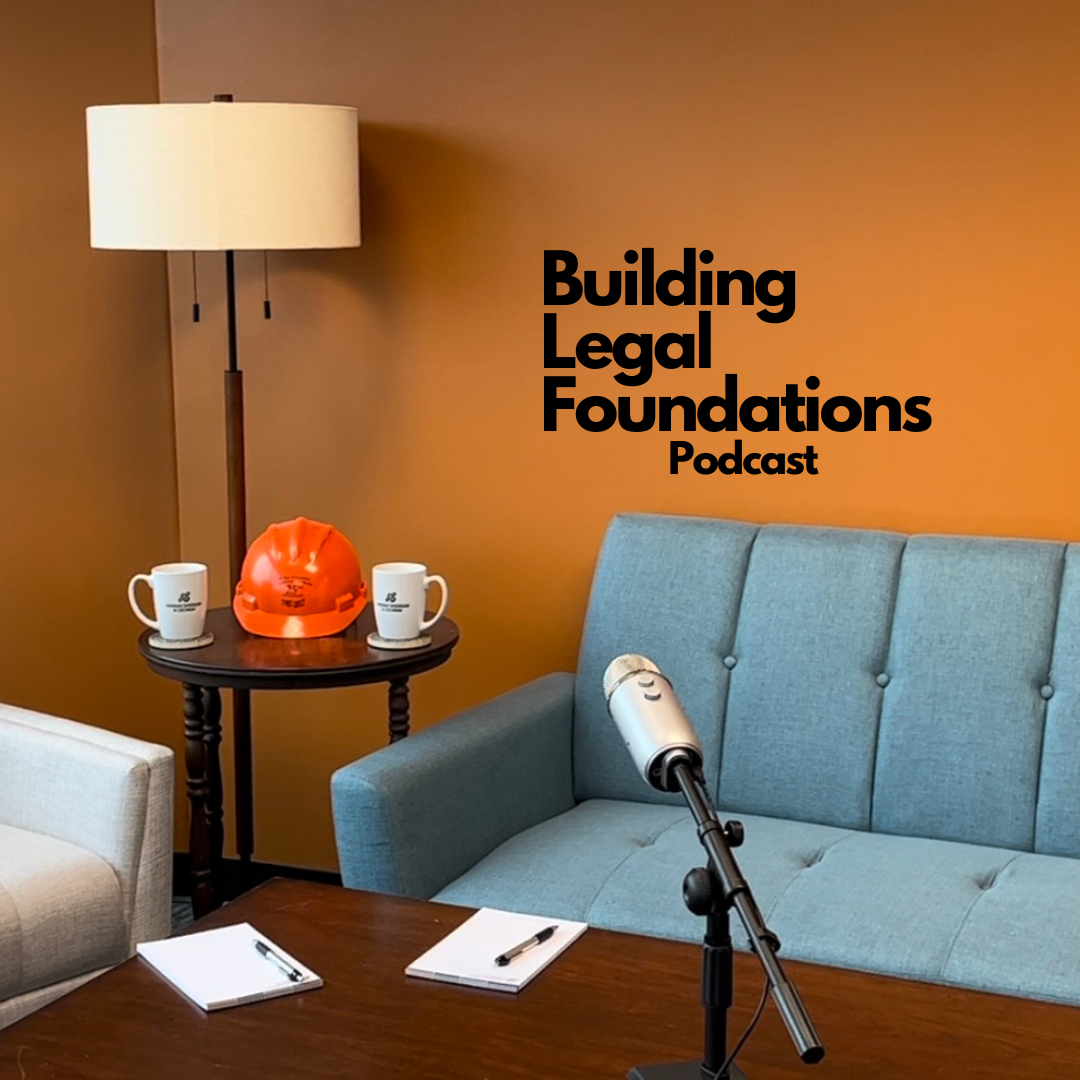Hannah Sheridan & Cochran's own podcast, previously available via Spotify, is now available to listen…
“KILL ALL THE LAWYERS” -SHAKESPEARE
As not only a lawyer, but also the daughter of a lawyer, I find it difficult to watch political advertising that either misinforms the public in terms of how a judicial office operates or denigrates the profession I hold dear.
Do you know what a “trial lawyer” really is? In England, you would call this position a “Barrister”. By pure definition, any lawyer who appears in court on behalf of clients could be called a trial lawyer. Our firm is made up of litigators – we go to court to represent our clients. We are lawyers who, when the circumstance warrants, go to trial.
In the commercials I watched, the term “trial lawyer” has been given a negative connotation. It is a “four-letter word” just like the words “conservative” or “liberal” have become bad words. If you are a large business which has been the “victim” (another loaded word) of a jury verdict arising out of an injury (personal or to property) resulting from a product your company produced; or, if you are an insurance company which has paid out large verdicts as a result of jury verdicts for malpractice or a personal injury, then lawyers who elect to represent those who have suffered such injuries are automatically the villains.
While there are truly frivolous actions brought in the courts, and while there is no doubt that some verdicts are ridiculously high, keep in mind how our system works – each party before the court retains counsel – without a client, a lawyer has no reason to be in court. Counsel present evidence through witnesses and then frame the issues to be decided by making arguments summarizing their view of the evidence. The judge controls the proceeding by enforcing the rules established by the legislature in terms of what is allowed in evidence, what is not and how the proceeding runs. The attorneys and the judge collaborate on the instructions to be given to the jury and the questions the jury will be asked to answer. Then twelve citizens good and true retire to the jury room, review the evidence presented, consider the arguments and the instructions and make a decision as to whether a party is liable and ultimately how much money, if any, is to be awarded in damages. The judge may in some cases be the trier-of-fact and make those decisions, but only if both parties agree to waive their constitutional right to a jury trial.
I guess what I am awaiting is the political ad that claims that “Joe Smith was a juror” and you should not vote for Joe because he was a juror. Have some lawyers created the image of the “trial lawyer”? Absolutely! But as a proud lawyer who is a litigator, I would ask you to look through the smoke and mirrors and remember that our judicial system was built on the principle that our peers will judge us, not the state.
– Nan E. Hannah



